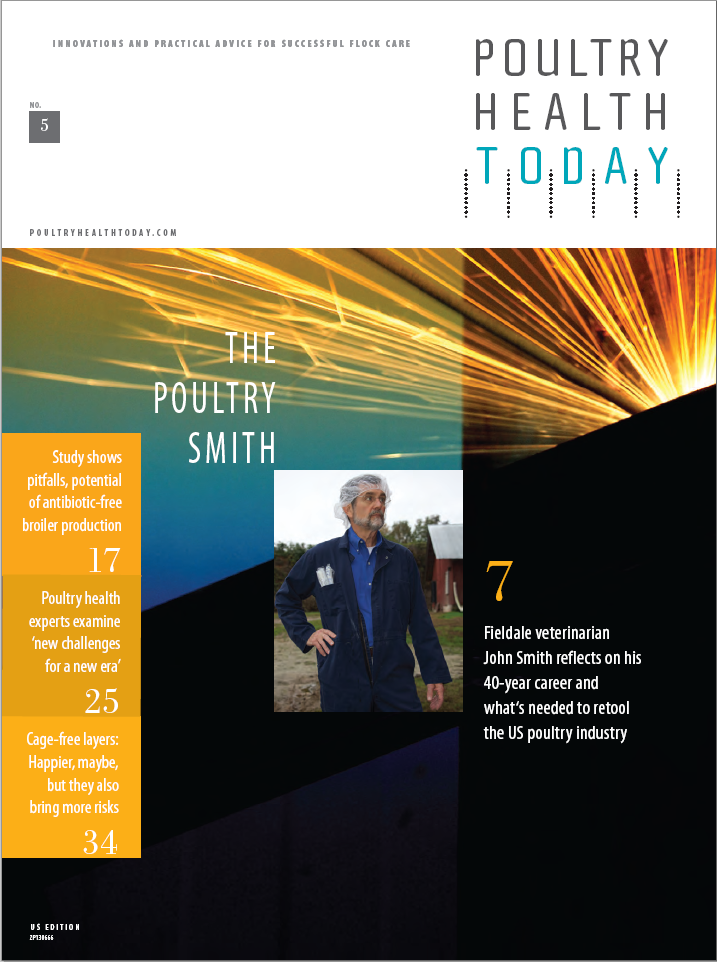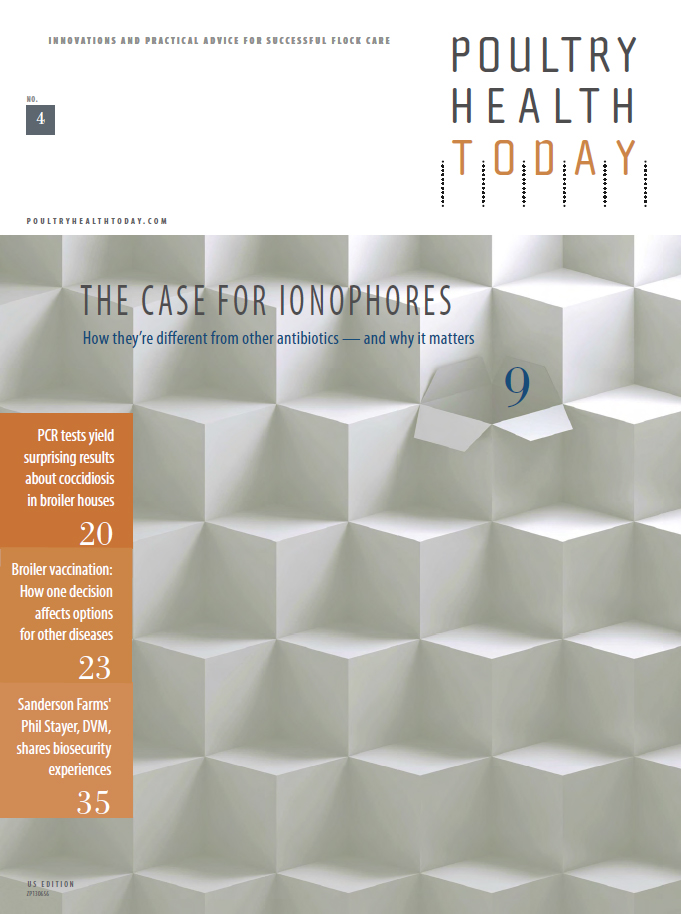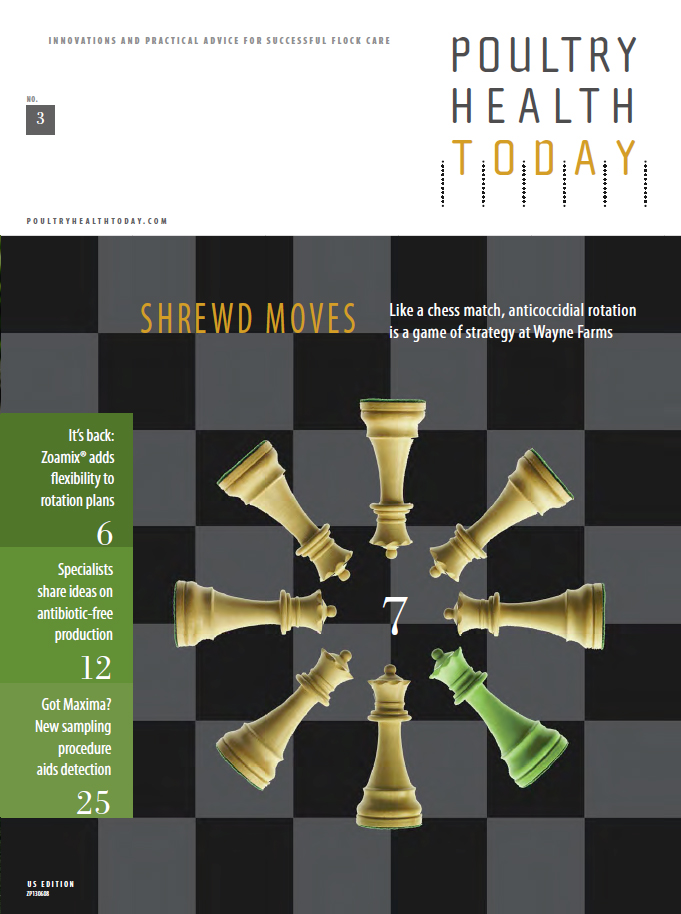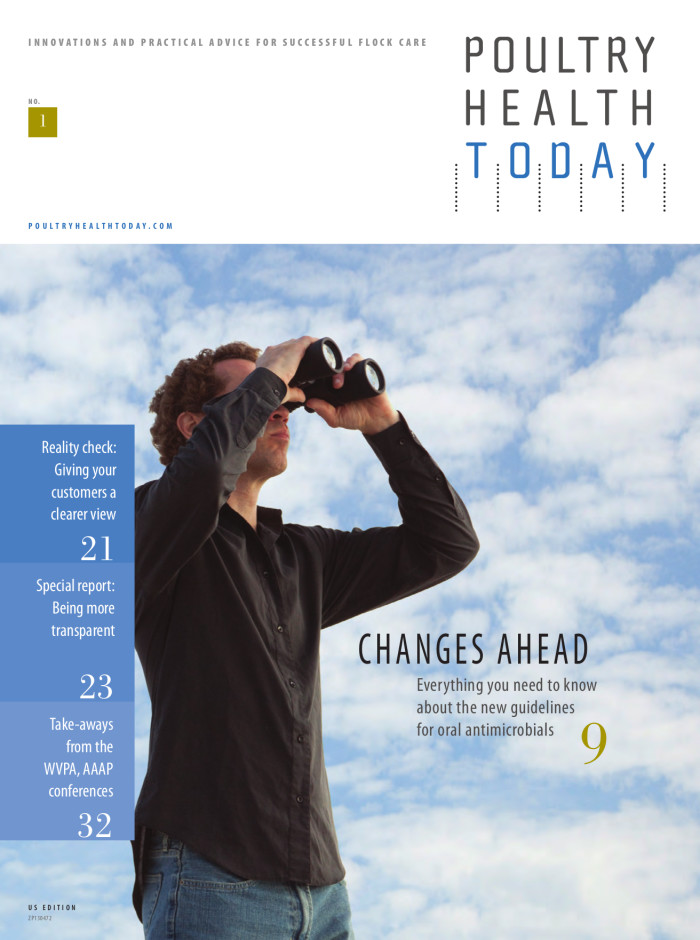

'Do something about it'


Don't blame consumers if they seem to have little understanding of modern poultry and livestock production.
"It's not their fault and it is not intentional. It is just the way society has evolved," insists Scott Hurd, DVM, PhD, an associate professor and director of Iowa State University's food-risk modeling and policy lab.
LOST ON CONSUMERS
For that reason, he adds, a farm's everyday inputs like land, water, fuel and labor are lost on discriminating consumers peering into the meat case. To them, antibiotics or any technologies that promote efficiency are perceived as producer "greed" — not something that keeps their food safe, wholesome and affordable. Hurd's down-home advice for reversing this perception: "Do something about it!"
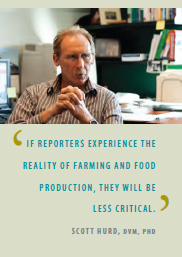
'PROFOUND IMPACT'
For starters, he urges producers to engage
local reporters. "The media [have] a
profound impact on people's opinions.
If you can help them understand, in the
smallest way…the care that goes into
making the final product they buy in the
grocery store, then you will have helped
us all," Hurd advises in his weekly blog at
hurdhealth.com.
"If reporters experience the reality of farming and food production, they will be less critical," he adds. "If they see and feel the human lives working to feed their own families as well as others, then food will not seem so strange."
Food-industry strategist Frank Singleton agrees. "One of the things we fail to tell people is that our families eat poultry products, too. Poultry is produced in partnership with a lot of players up and down the supply chain, but everybody's a consumer at the end of the day," he says. "If you can make that point, and make it in a human way, you can make a measurable difference in public opinion."
Interestingly, the statements in the narrative also resonated with consumers who purchased organic and "antibiotic-free" milk and meat.
More than one-third of this subset, for example, felt strongly that organic farms should use antibiotics if the practices in the narrative were followed. About one-quarter of the same subset said they would not bother purchasing more expensive organic and "antibiotic-free" meat and milk if they were "certain that all of the practices mentioned in the description were followed."
'TRUSTED SOURCES'
Consumers also liked the idea of having third-party auditors or verification systems to ensure that the practices described in the narrative are followed. Nearly half said that having such systems - which are already in place - would make them much "more comfortable."
"This study showed that consumers are receptive to the facts," says Robbie Moody, regional marketing director for poultry for Zoetis. "Clear, simple information moves perceptions in a positive direction."
"This study showed that consumers are receptive to the facts," says Robbie Moody, regional marketing director for poultry for Zoetis. "Clear, simple information moves perceptions in a positive direction."
Zoetis plans to do a follow-up study in the near future - this time including poultry. Watch for results in a future edition of Poultry Health Today and at poultryhealthtoday.com.
More Issues

